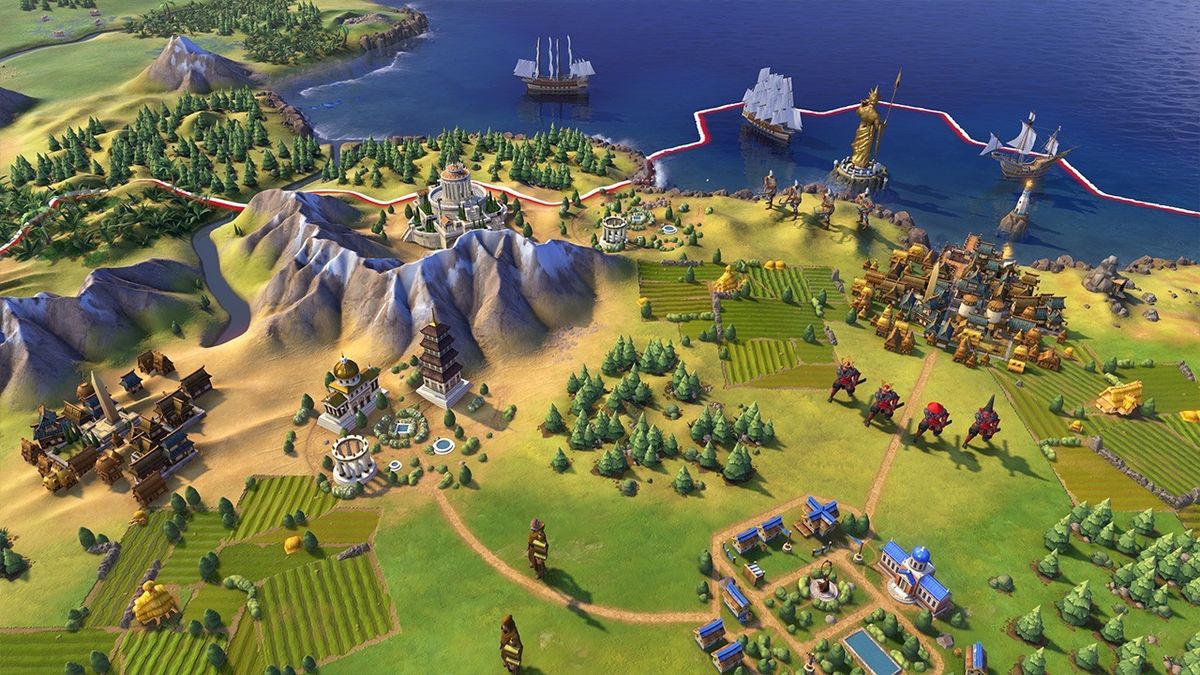

Lesser systems like trade, spycraft and religion bolster your goals, adding layers of improvability, information and convenience.īut there have been times when the game's developers - originally MicroProse and now Firaxis - have taken eye-catching and controversially bold steps to change the way the games are played.

Core systems at your disposal include military conquest, scientific research and construction. You build cities and from those cities spring units and buildings that coalesce and augment the aggregate into an empire. In essence, Civilization 6 is the same game as Civilization. He talks about how the games began and how they've evolved over the last 25 years, as well as addressing his own thoughts about what direction epic strategy games ought to take.
#Civilization 6 multiplayer start together series
If you're a fan of the Civilization games, check out Polygon's recent interview with series creator Sid Meier. This point about tiny changes holds true, mostly, for the history of the series, over the past quarter century. They tap into my desire to reorder chaos, to render it tamed, as if it were a disastrously unalphabetized record collection. I have taken into my hands an item that is almost nothing and somehow turned it into another item that is just about everything.Īll this holds true for each of the Civilization games, from the first back in 1991, to the newest, Sid Meier's Civilization 6, due to be released on Oct.

During the game, I've completed thousands of infinitesimally trivial tasks: upgrading, improving, building, allocating, choosing, resting, moving, beginning and completing. This absolute transformation from beginning to end is glacial, impossible to comprehend at any particular moment. By sundown, that same village is a metropolis at the center of a hyper-connected world, the hub from which lesser empires are bullied, coerced and crushed. At each game's dawn, I gaze upon my solitary village, adrift in an ocean of wild tundra and untamed wilderness.


 0 kommentar(er)
0 kommentar(er)
